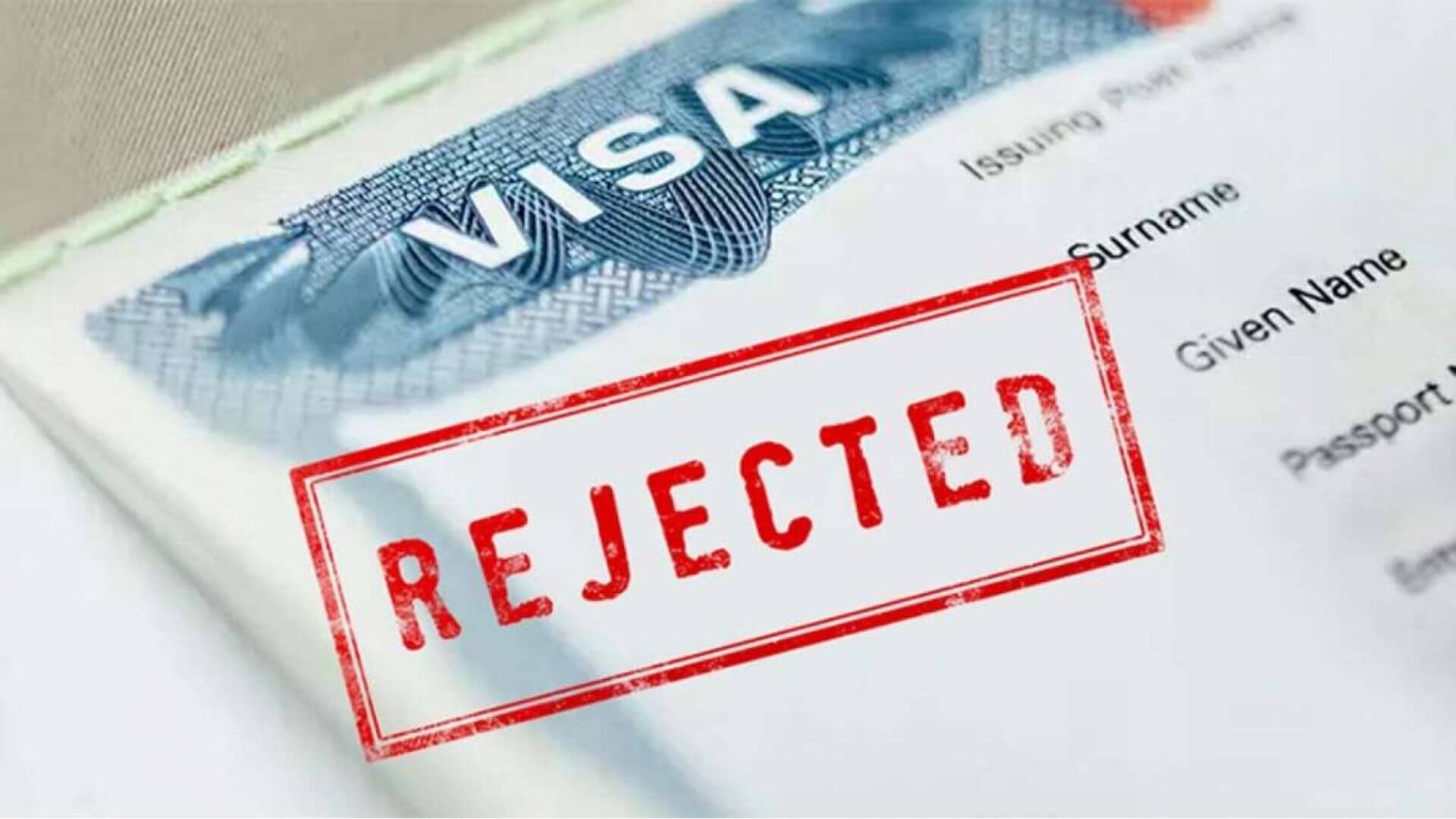Most young adults nowadays believe studying overseas is almost like a right of passage into adulthood. Stepping away from all that is familiar to you and exploring a new country and culture, all while studying for your dream profession seems to be the common dream. And Canada, with its vast number of universities, diverse society and colorful culture attracts one and all with this dream.

However, receiving a student visa for Canada is not as easy as most think. Despite the government being very welcoming, there are many criteria to be met before your visa can be accepted; which means refusals and rejections are quite common. This is where you challenge the government of their decision and apply for a visa appeal.
Below are 5 common reasons why a Canadian student visa may get rejected and how to avoid it from being so. Whether you are preparing for your Canada student visa refusal appeal or trying to apply for a student visa for the very first time, the information below is sure to be of use to you.
1. Incomplete or inaccurate travel history and identification papers
One of the main reasons that many student visas get rejected is inaccurate and incomplete travel history. This means you are to mention all information regarding travelling overseas from your home country. It may also be a good idea to hold on to your old passports. Remember, if you mention in your application that you’ve travelled overseas, yet fail to provide proof (via documents), then there is a high chance that your Canadian student visa may get rejected.
Apart from that it is also vital that you have all the documents relating to identification in order. If some of these documents are not in English, get them translated prior to applying for your visa.
Your identification papers will be used to do a background check on you for past and present criminal activities. You must be able to meet the international security standards. If you were flagged for criminal activities, or if you were rejected previously for security reasons, then the chances of being rejected are unfortunately high.
2. Failure to prove adequate financial resources
While it may seem a little unreasonable to expect students to have sufficient funds to accept them into Canada, the government does have expectations of you to be able to support yourself without working for a certain period of time. This means, it’s vital for you to have sufficient funds and proof of said funds (in form of bank statements) when you apply for your student visa. If that isn’t possible, then proof of income from any family member will also be an advantage. All you need to prove is that you are able to provide for yourself financially for the next year.
If however, you fail to provide proof of financial resources, your Canada student visa refusal appeal may be rejected once more. Therefore, do your best to provide DETAILED bank statements of at least 6 months, or a sponsorship letter from your family member who is sponsoring you, to avoid rejection.
3. Questionable program of studies or letter of acceptance
As your primary reason for applying for a student visa is to study, any and all details regarding it should be unquestionable. It is vital that you choose a program that matches both your academic and career path and background. Also, it is better if you’re able to show how your studies are related to, and will eventually benefit, your current career path; or how it will advance your academic path and opportunities.
If your selection of course does not appear logical (for example, someone with a degree in accounting applies to study literature), and you are unable to explain why you have chosen to divert from your academic path so far, there is a high possibility that student visa may get rejected.
4. Lack of proof of intent to leave Canada after the program ends
Despite providing you with an opportunity to study and eventually work, because it is a student visa, the Canadian government expects you to exit the country once your studies have concluded. Therefore, you should be able to reassure them of your intent to return to your home country once this period has ended. To provide this reassurance, you must show/prove your reasons for returning. For example
- Your family is still living in the country (meaning you have no intention of bringing them to Canada). If you have family in Canada, it may affect your chances negatively.
- You already have a job lined up post the conclusion of your studies (for which you will need a letter from your employer).
- You are running a business in your home country (proving how important it is for you to return in order to run the business successfully).
- Significant financial assets (example: property).
- Academic ties (example: pending academic projects)
You are required to write a statement of purpose, ensuring it includes all the reasons for returning, in order to make sure your visa will not get rejected.
5. Not having a good grasp of the English language
Having a good grasp of the English language is vital for the acceptance of your visa. This is because most Canadian universities have made it mandatory for international students to demonstrate their English language skills by sitting for an international standardised test, as they believe being proficient in English will not only make your academic career in Canada more successful but also make your everyday life in Canada easier.
If your academic track record so far does not show you have a good grasp of the language, it is best to sit for an international standardised test, either the IELTS exam or the TOEFL exam, to ensure your visa is viewed positively.
By addressing these common issues, you can strengthen your application and improve your chances of obtaining a Canadian student visa and ensure it does not get rejected again.




